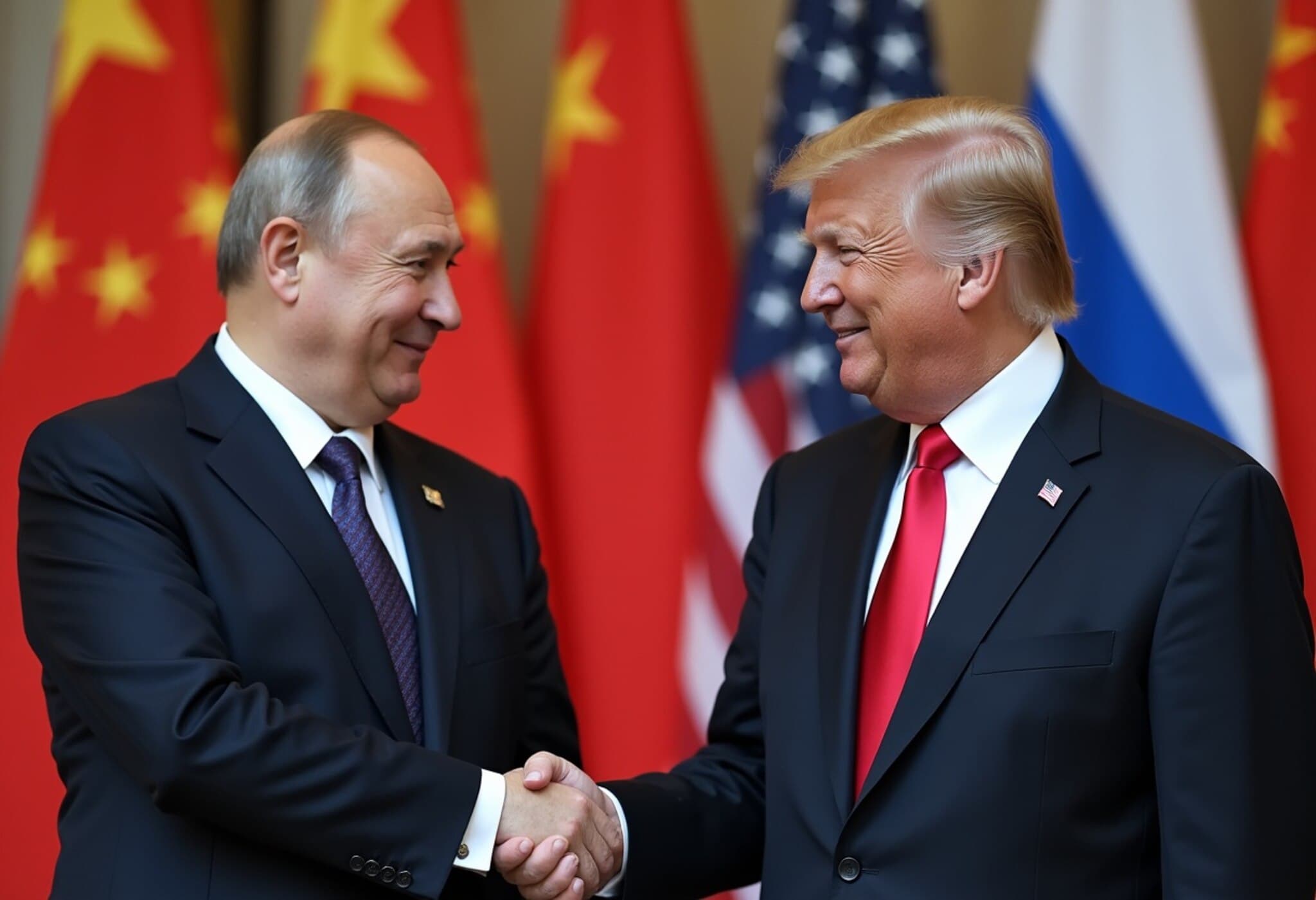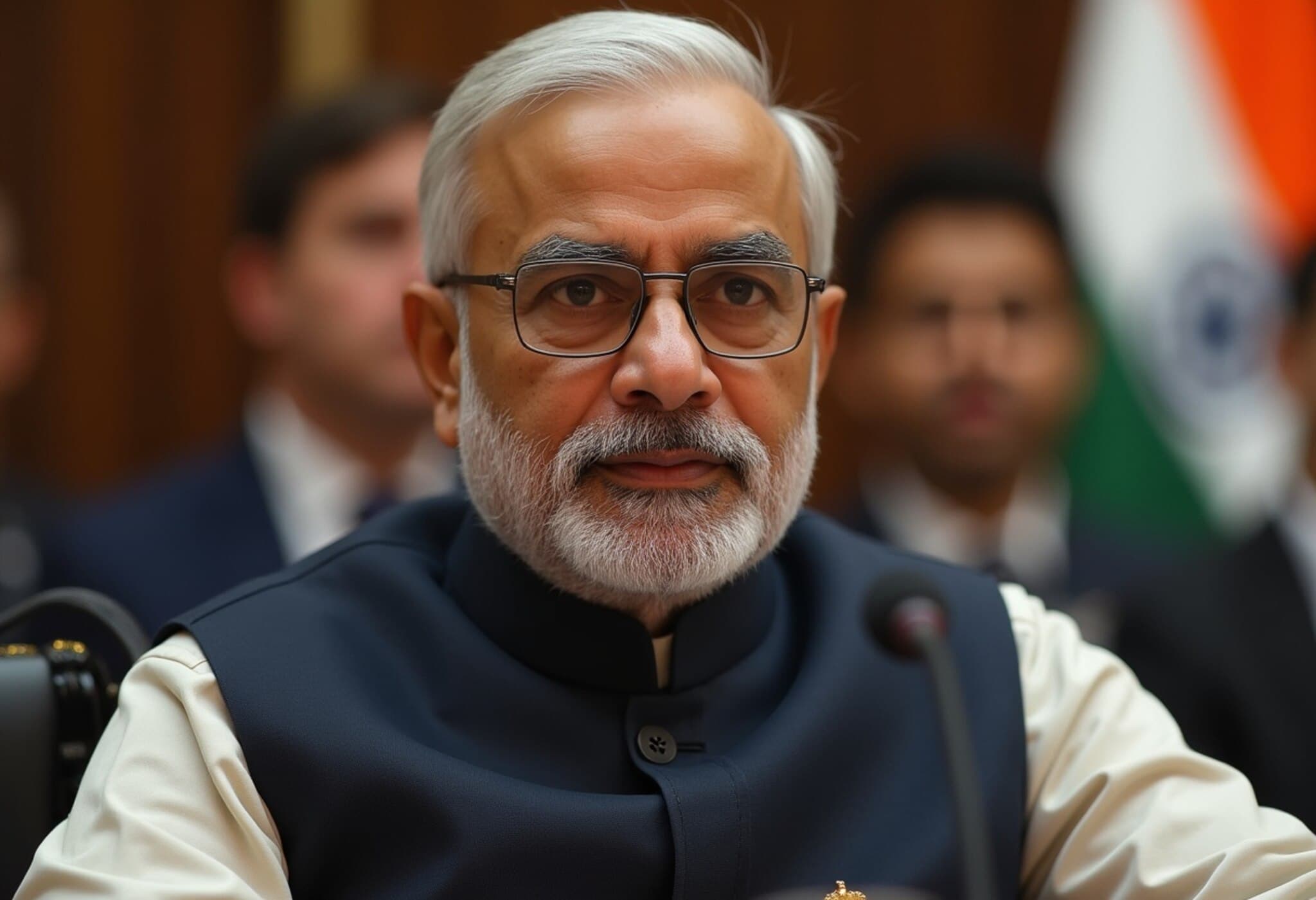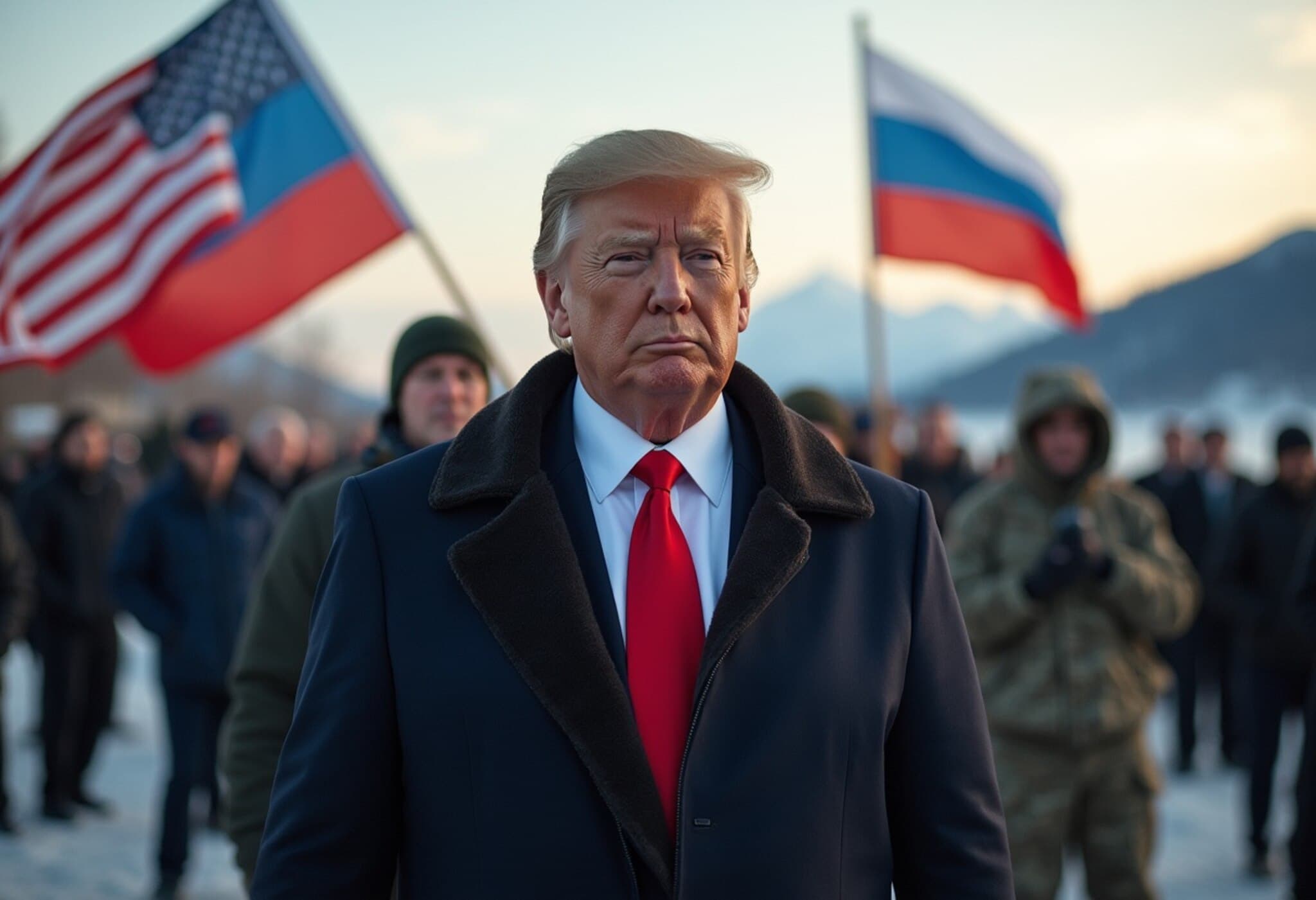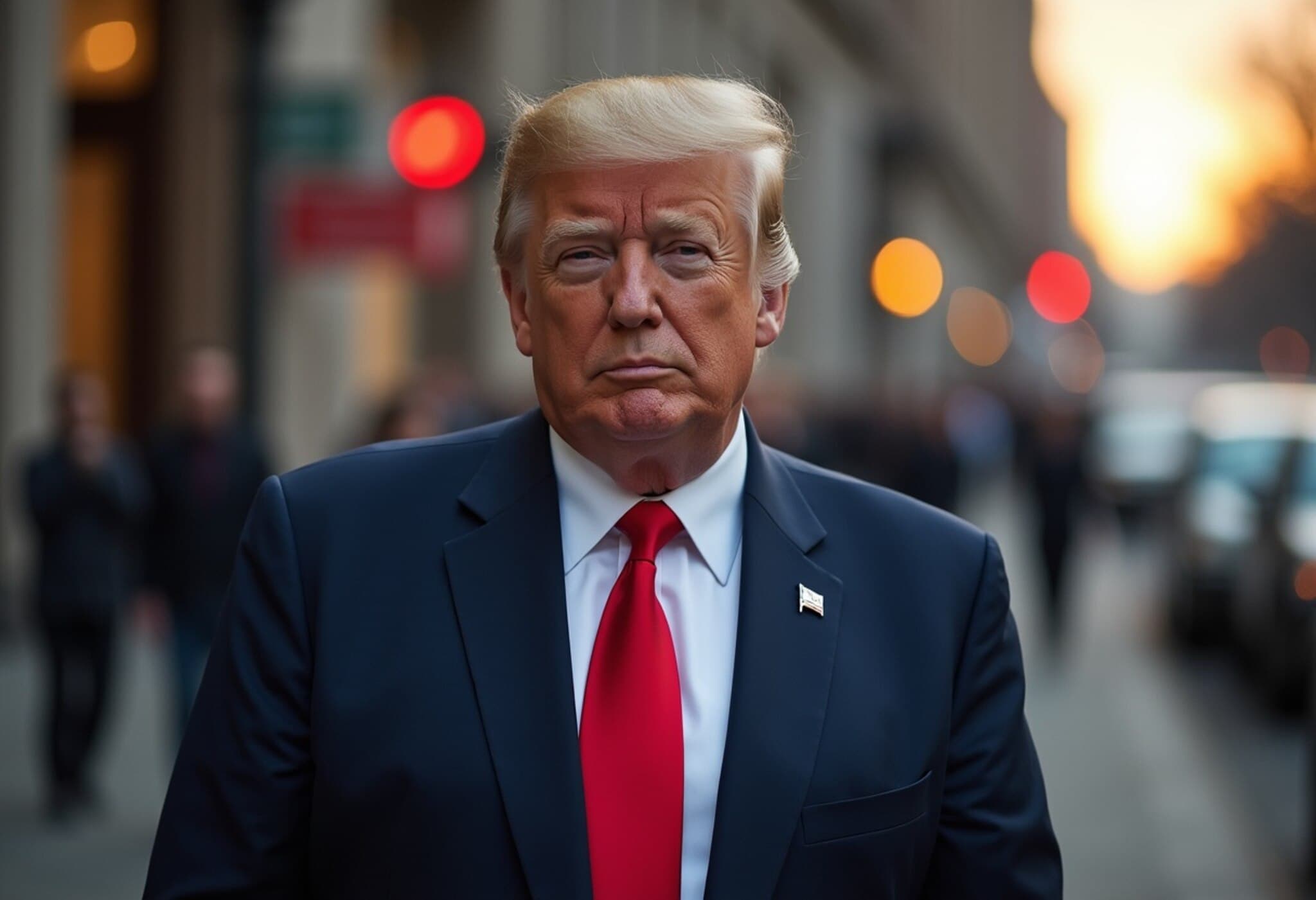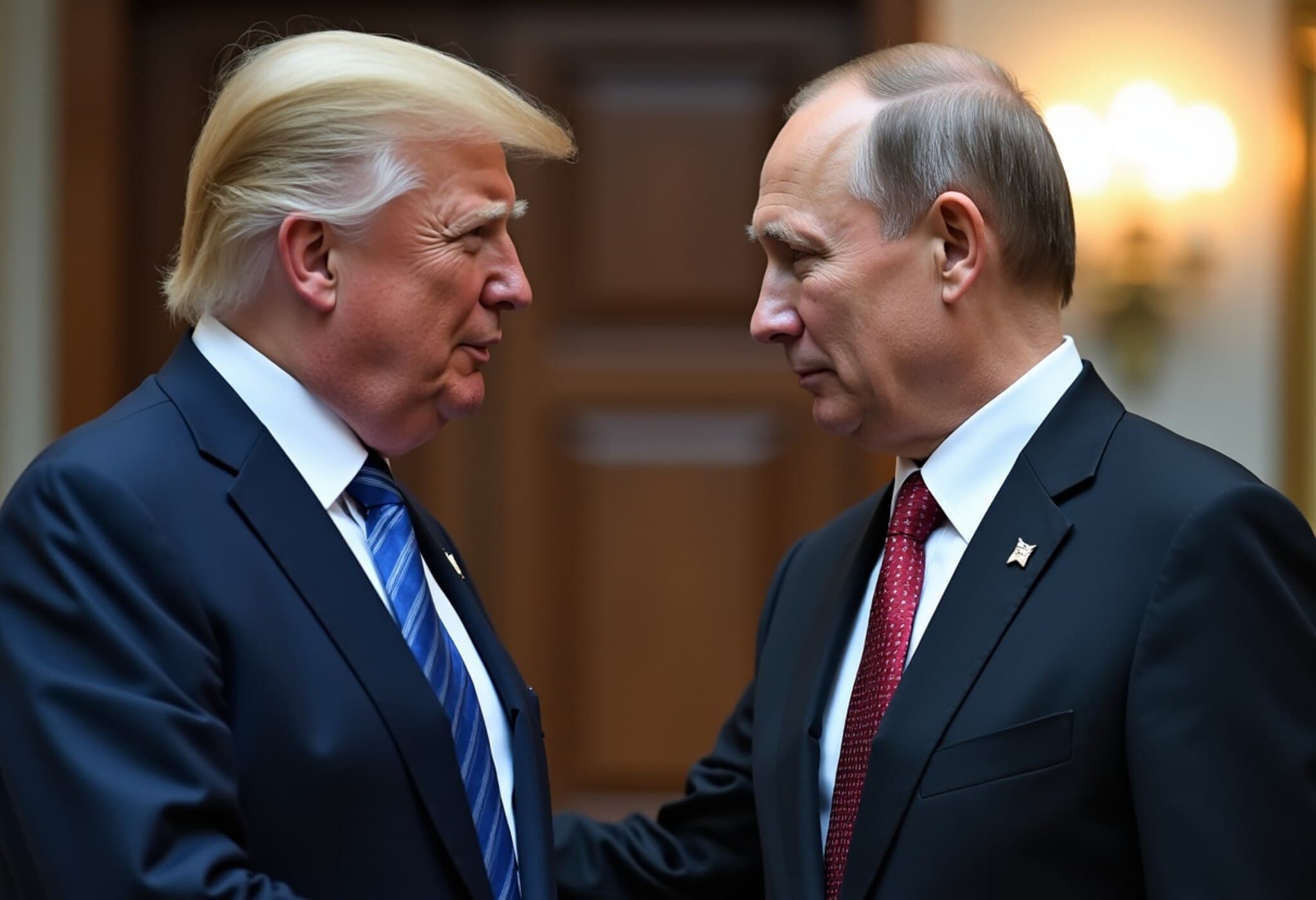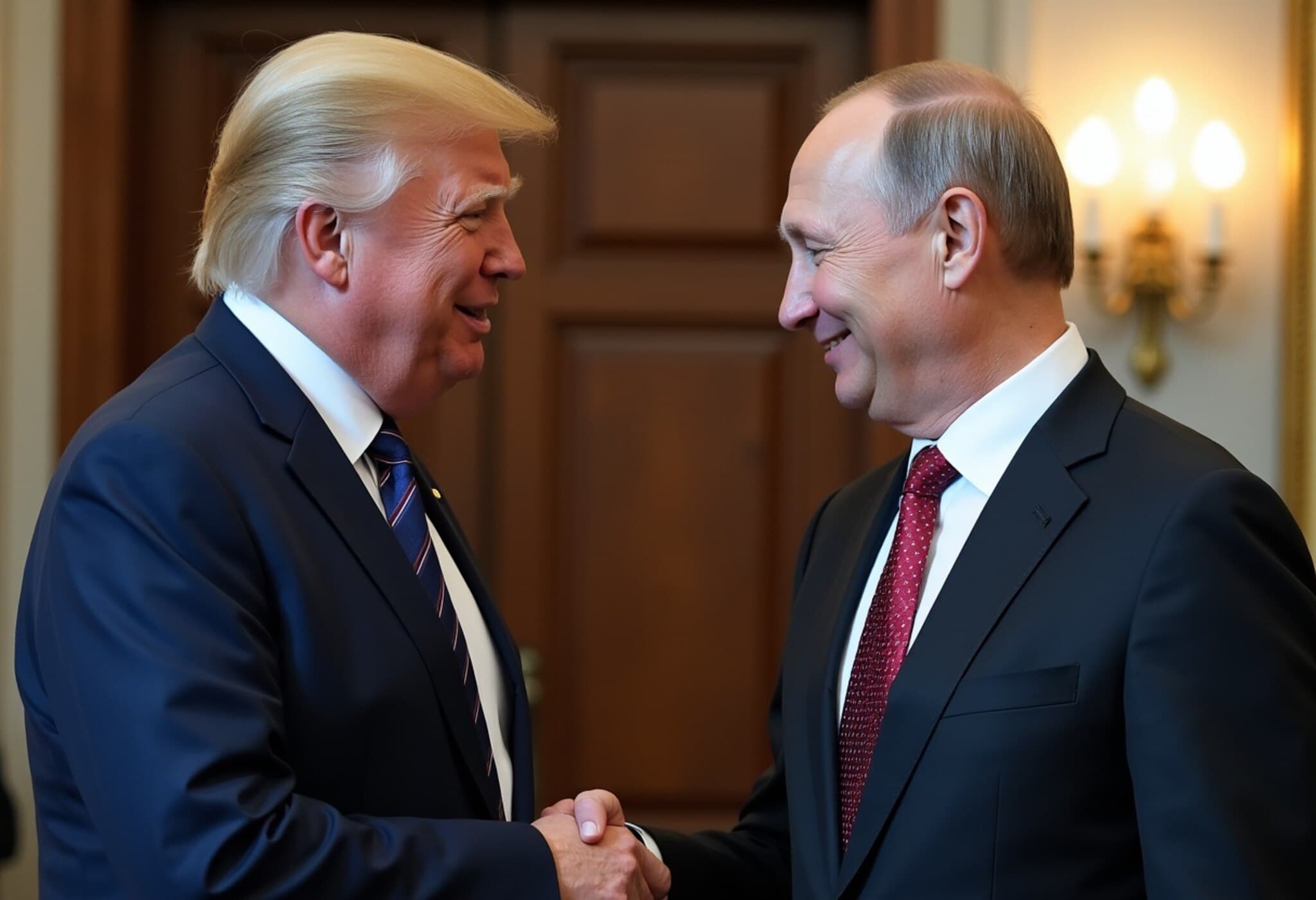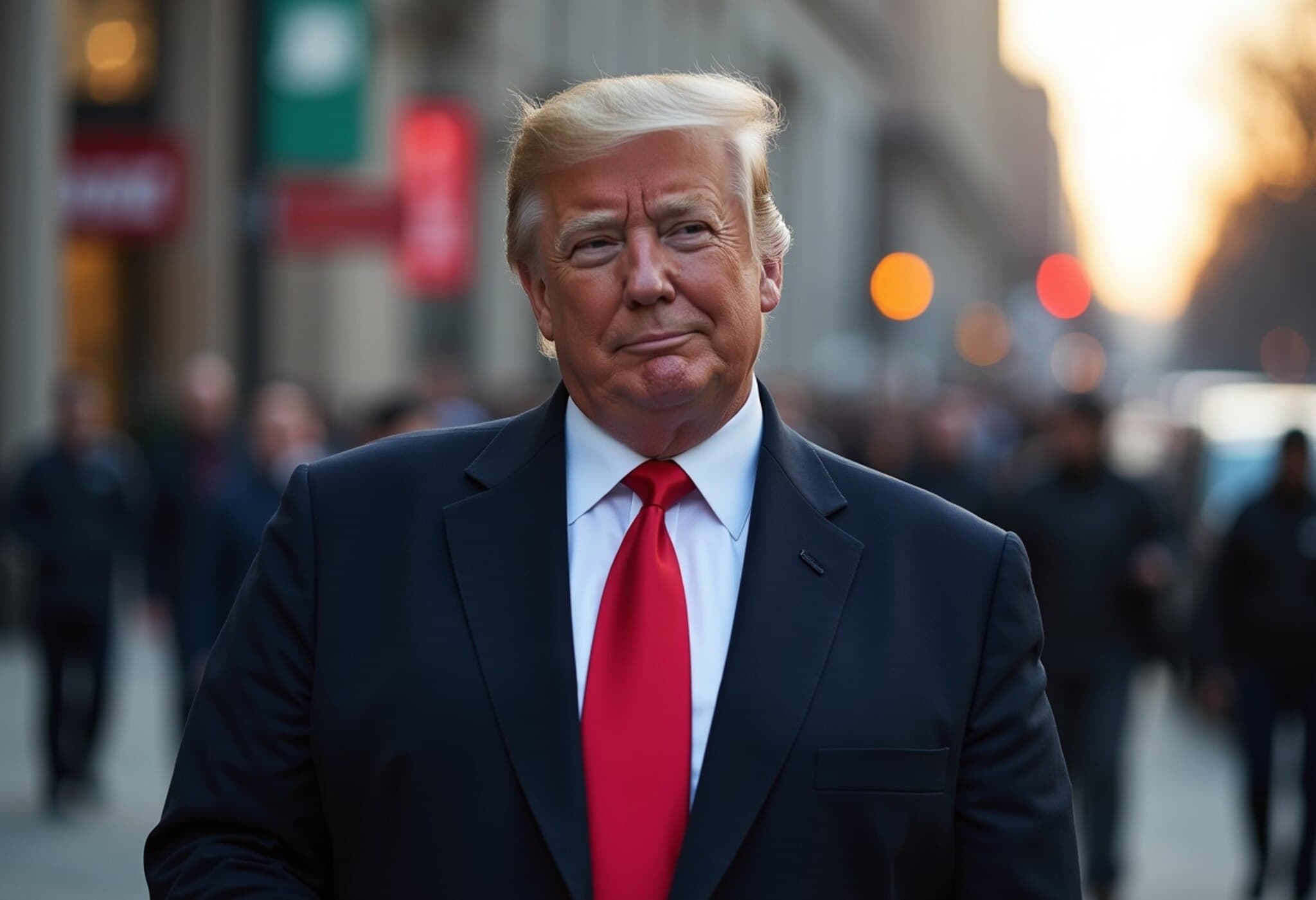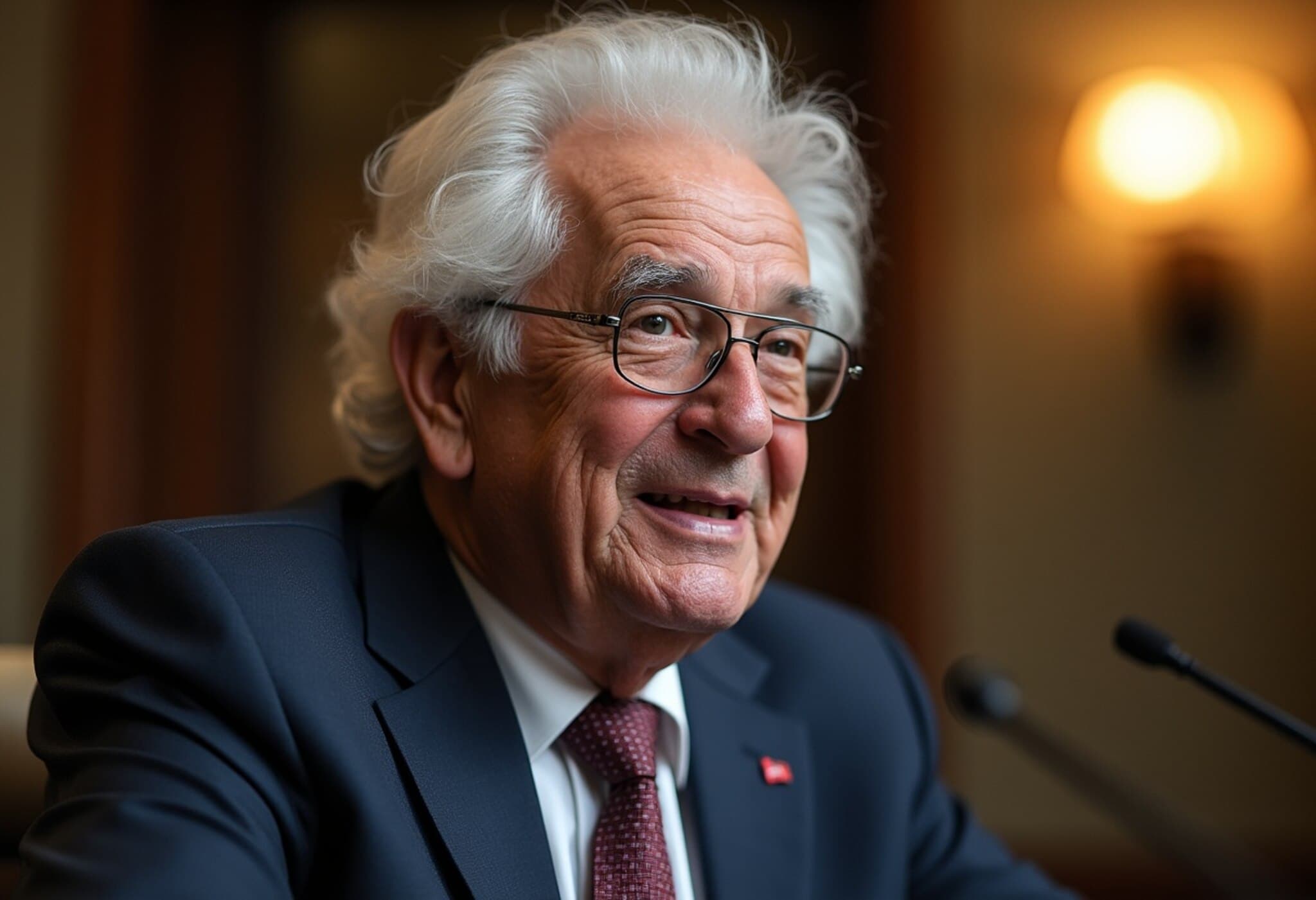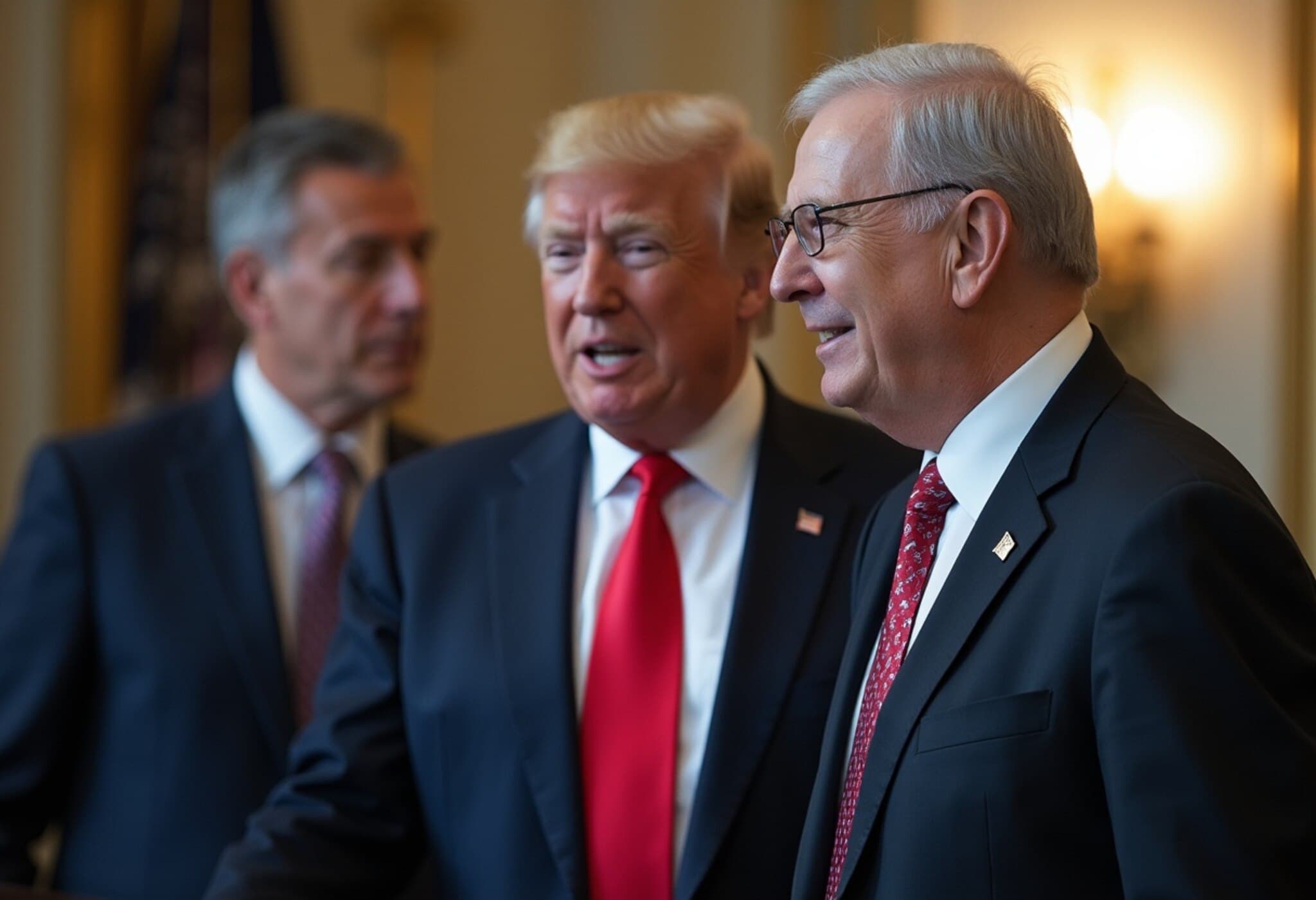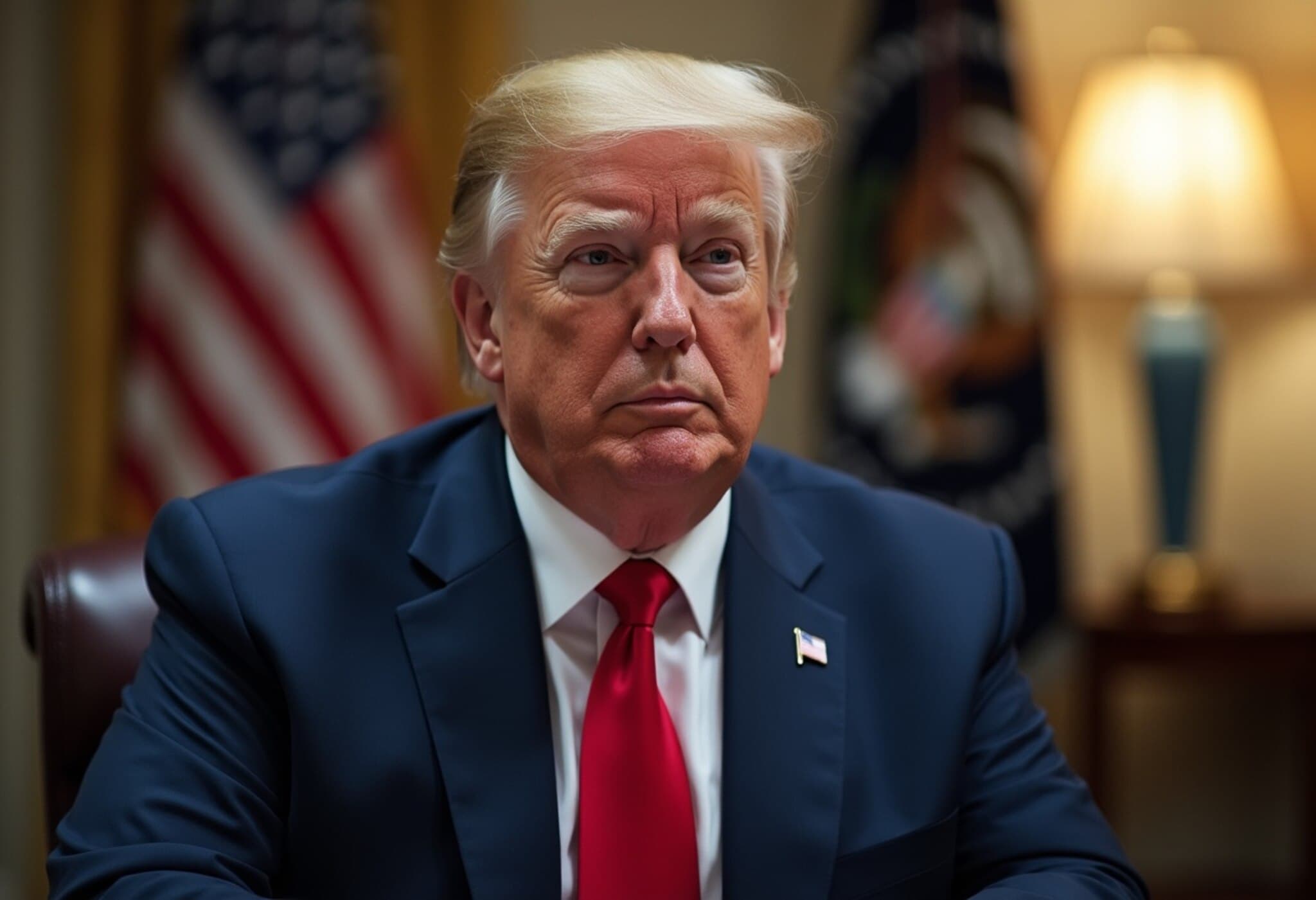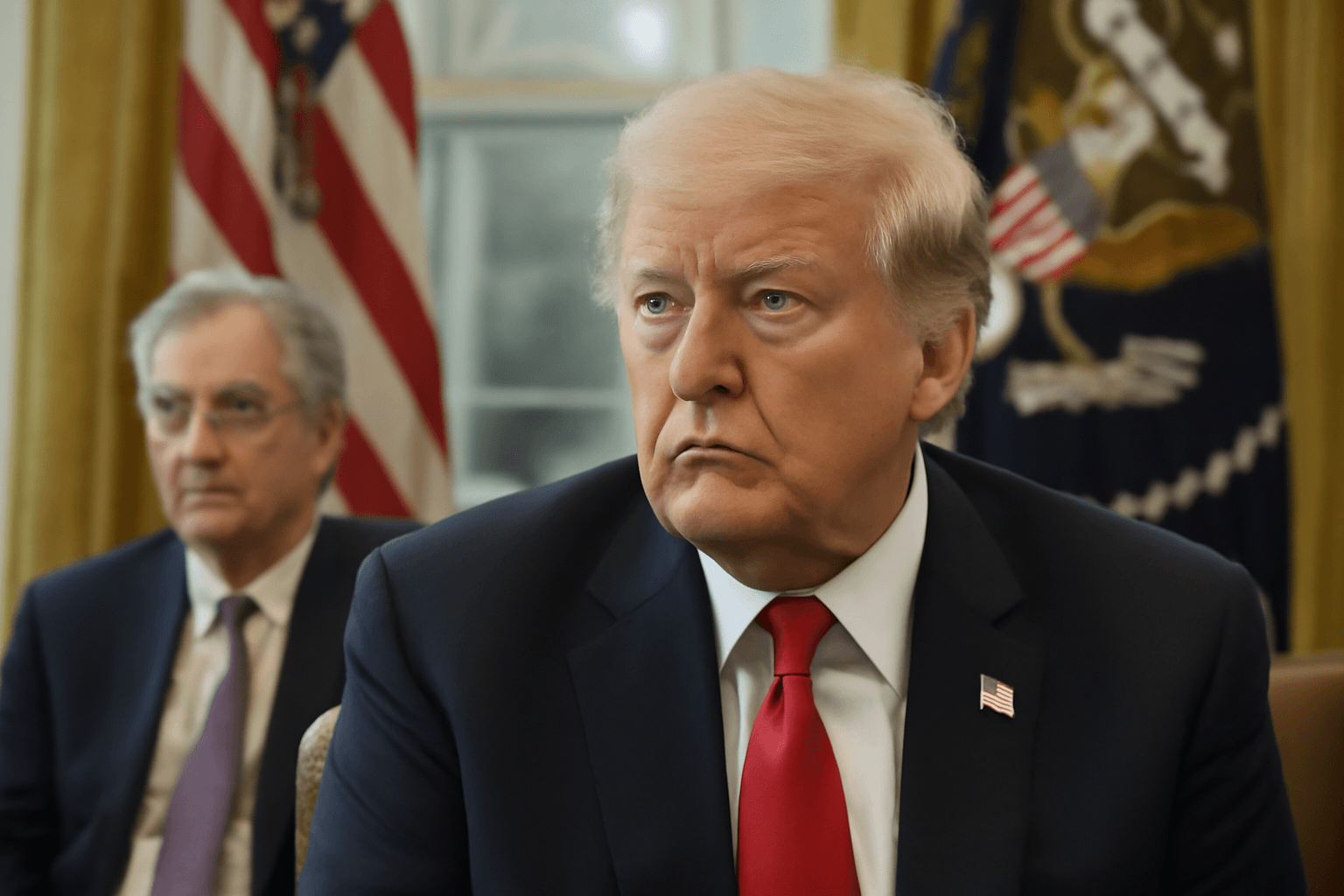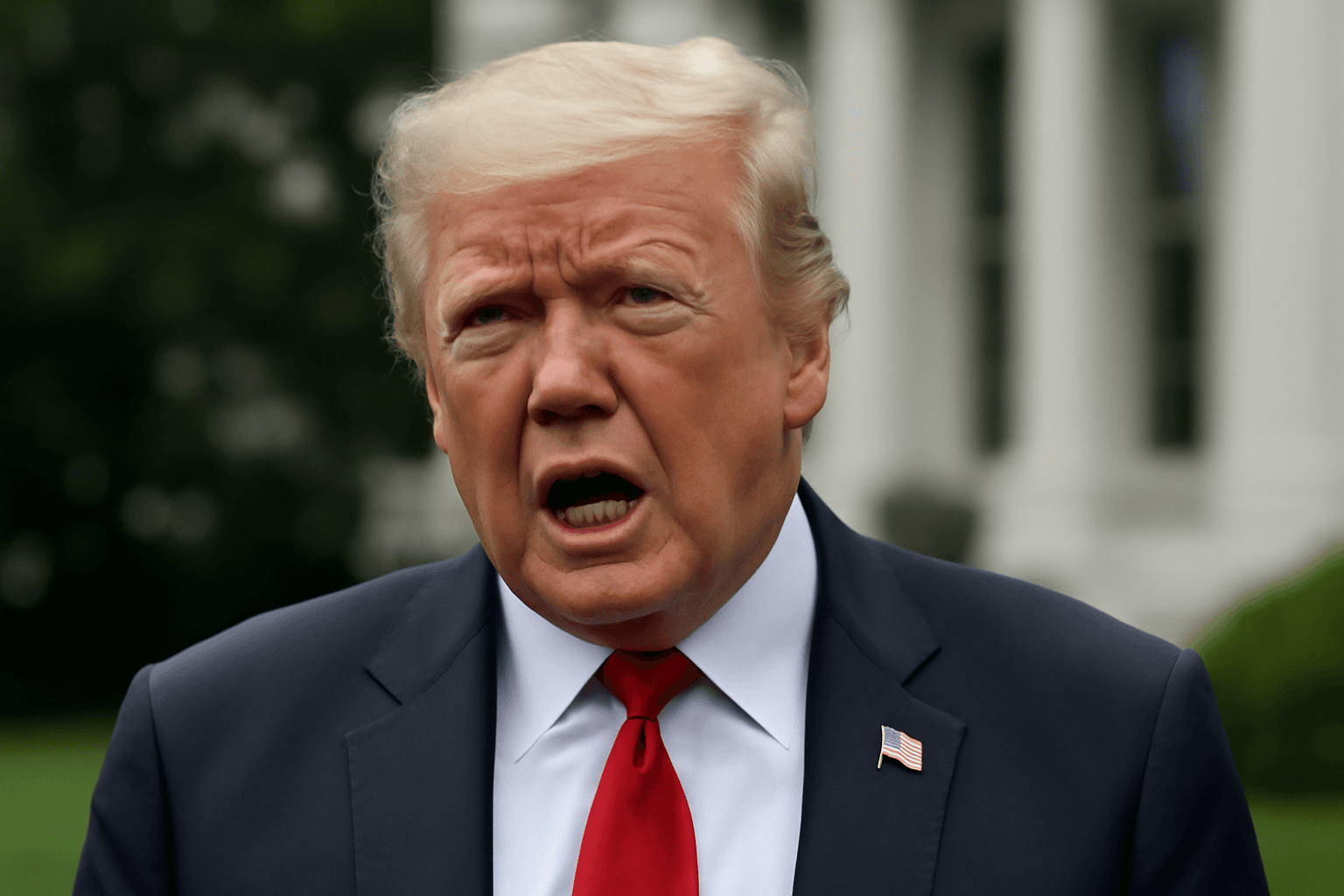Trump Defers Immediate Sanctions on China Amid Russian Oil Purchases
On August 15, 2025, following a high-stakes summit with Russian President Vladimir Putin in Anchorage, Alaska, U.S. President Donald Trump indicated he is temporarily refraining from imposing retaliatory sanctions on China for its ongoing purchases of Russian oil. While Trump has previously threatened stringent measures—including tariffs and secondary sanctions—against countries buying Russia’s oil, China remains notably exempt for now.
Context Behind the Sanctions Threat
Amid the backdrop of Russia’s war in Ukraine, the Biden administration and allied nations have sought to choke Moscow’s revenue streams by curbing oil exports. Trump has championed this approach with a tougher stance, warning that nations continuing to import Russian oil would face severe consequences. India and China, the top two importers of Russian crude, have felt the pressure. Earlier this month, Trump imposed a 25% tariff on Indian goods as punishment for New Delhi’s refusal to halt Russian oil imports.
Why China Is Temporarily Spared
Speaking to Fox News host Sean Hannity after his meeting with Putin, Trump disclosed that he is not rushing to penalize China at this moment. “Because of what happened today, I think I don't have to think about that,” Trump said, hinting at a possible reassessment in “two or three weeks.” This suggests that the outcome of his summit with Putin—despite not ending the war in Ukraine—has momentarily altered his calculus.
Trump's remarks underscore the complex dynamics at play. The U.S. and China are currently negotiating a trade deal that could ease longstanding tensions and reduce tariffs, signaling a desire for economic rapprochement despite geopolitical frictions. Consequently, imposing immediate sanctions on Beijing could jeopardize these delicate talks and potentially disrupt global markets further.
Economic Ripples: China’s Slowing Economy
China's economy has shown signs of deceleration recently, a factor Trump acknowledged as possibly influencing his reluctance to escalate sanctions now. Should Trump follow through with promised tariff hikes or secondary sanctions targeting China, the impact could exacerbate economic challenges in Beijing, potentially triggering wider global repercussions given China's pivotal role in supply chains.
Expert Insight: Balancing Diplomacy and Pressure
From a policy perspective, Trump's measured approach reflects a balancing act between applying pressure on Russia’s allies and avoiding an all-out trade conflict with China—America's largest trading partner. Imposing sanctions on China risks deepening economic rifts and may diminish U.S. leverage in pivotal trade negotiations. Experts emphasize that any move toward sanctions must weigh short-term geopolitical goals against long-term economic stability.
What Lies Ahead?
- Watch for shifting U.S. policies: Trump's mention of reconsideration in “two or three weeks” suggests Washington’s position remains fluid amid evolving geopolitical developments.
- Monitor China’s response: Beijing’s economic strategies and diplomatic posture will influence the outcome of any future sanctions discussions.
- Impact on global markets: Energy prices and trade flows could shift if the U.S. tightens sanctions on major oil importers.
Conclusion
President Trump’s decision to delay punitive measures on China for its Russian oil imports reveals the complexity entwined in U.S.-China-Russia relations. While hardline sanctions remain on the table, current diplomatic engagements and economic considerations temper immediate enforcement. This developing story is a litmus test for how global powers navigate multi-faceted conflicts that blur the lines between diplomacy, economic interests, and geopolitical strategy.
Editor's Note
This unfolding scenario raises critical questions about the effectiveness of sanctions as a tool to influence international conflicts and the delicate balance of maintaining constructive dialogue with strategic global players like China. As the U.S. grapples with supporting Ukraine while managing its economic relationships, the world watches closely to see whether diplomacy or coercion will steer the next chapter.

